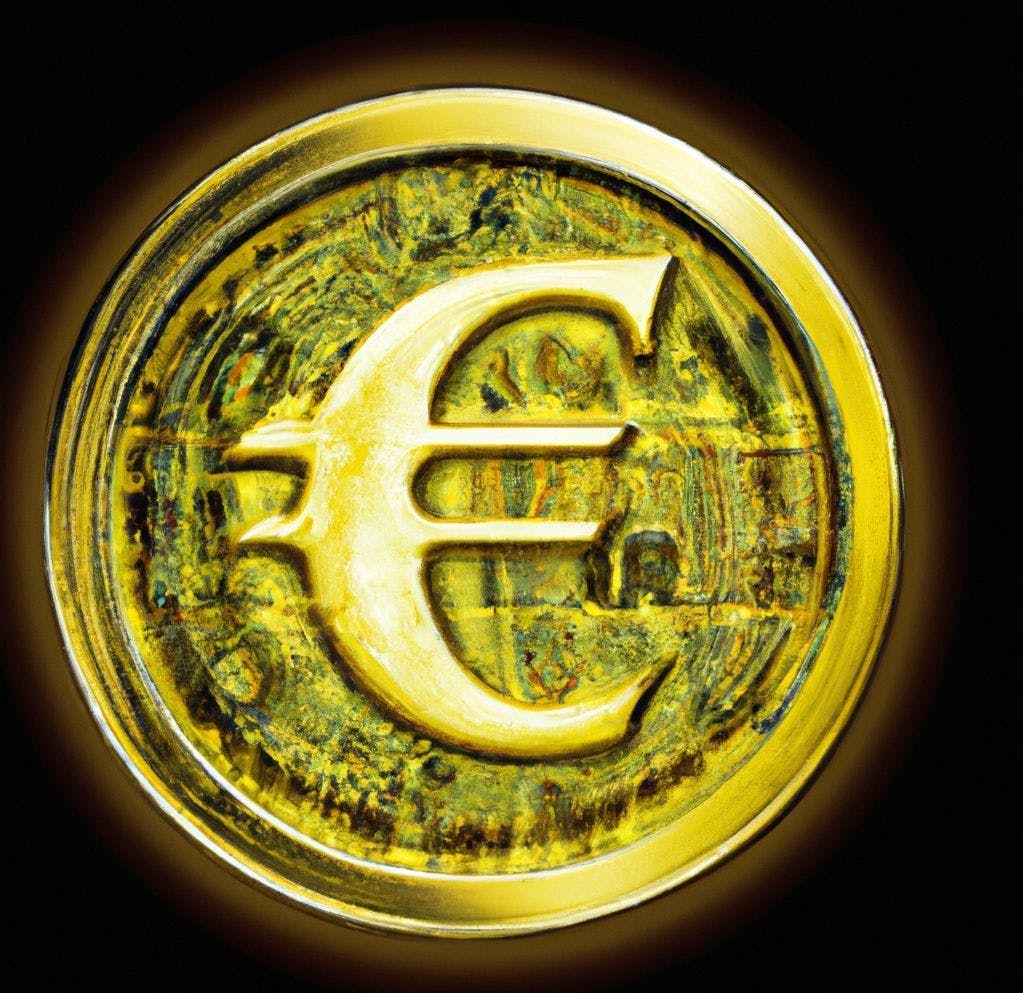166 reads
CBDCs and Privacy: The Battle Between Control and Personal Rights
by
June 5th, 2023
Audio Presented by

Founding Partner @Sypar | Lawyer | PhD Student | Web3 | FinTech | DeFi | DLT | Metaverse | AI | CryptoTax | CyberCrime
About Author
Founding Partner @Sypar | Lawyer | PhD Student | Web3 | FinTech | DeFi | DLT | Metaverse | AI | CryptoTax | CyberCrime
